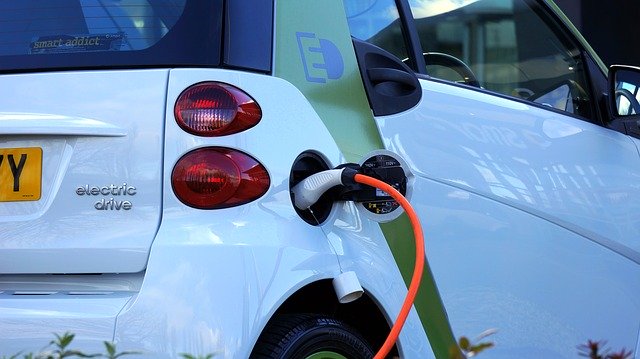ECA calls for petrol and diesel ban by 2030
Contents |
[edit] Introduction
New sales of petrol and diesel vehicles should be banned by 2030, according to a submission from ECA to the Office for Low Emission Vehicles (OLEV).
[edit] Setting the deadline
Earlier in 2020, the Government moved forward the date to 2035 when sales of diesel and petrol vehicles will be banned. However, many other countries are planning to exceed this timetable, including Norway, Sweden and the Netherlands.
ECA says a ban by 2030 is only feasible if charging infrastructure is sufficiently upgraded in the meantime and supports a minimum of six rapid DC charge points in operation in every motorway service station by 2023, as well as wider deployment across the entire road network.
ECA energy advisor Luke Osborne states:
“With the Government’s commitment to achieving net carbon zero by 2050, it is crucial that a rapid move to the electrification of transport takes place. The ban on sales of petrol and diesel cars is one key component in achieving this, along with the full de-carbonisation of rail and bus networks.”
[edit] Placement of charging stations
It is anticipated by ECA that the majority of electric vehicle charging will take place at the home and the office. Nevertheless, the provision of charge points at a range of locations – such as car parks, airports, stadiums and leisure centres – is highly desirable and could be an income stream for local councils.
As well as the ban covering road vehicles (cars, vans, trucks, lorries, buses and coaches), ECA also believes it should be extended to all transport, including boats and ships.
Luke Osborne continues:
“The move to full electrification of transport along with the adoption of electrification for heating will place additional demands on the electricity supply network – which needs its capacity bolstering.
“In addition, it is crucial that the UK continues to reduce the carbon content of the electricity grid through increased renewable energy generation. Increased deployment of off-shore and on-shore wind generation as well as enlargement of the capacity of solar PV farms, coupled with the use of electrical energy storage systems, will help to achieve this.”
The shift to electric methods of transport is also expected to bring about an increase in the number of related jobs. ECA contends in the submission that these must be filled by competent and skilled workers.
This article originally appeared on the ECA website. It was published on 25 August 2020.
--ECA
[edit] Related articles on Designing Buildings
Featured articles and news
How can digital twins boost profitability within construction?
A brief description of a smart construction dashboard, collecting as-built data, as a s site changes forming an accurate digital twin.
Unlocking surplus public defence land and more to speed up the delivery of housing.
The Planning and Infrastructure bill oulined
With reactions from IHBC and others on its potential impacts.
Farnborough College Unveils its Half-house for Sustainable Construction Training.
Spring Statement 2025 with reactions from industry
Confirming previously announced funding, and welfare changes amid adjusted growth forecast.
Scottish Government responds to Grenfell report
As fund for unsafe cladding assessments is launched.
CLC and BSR process map for HRB approvals
One of the initial outputs of their weekly BSR meetings.
Architects Academy at an insulation manufacturing facility
Programme of technical engagement for aspiring designers.
Building Safety Levy technical consultation response
Details of the planned levy now due in 2026.
Great British Energy install solar on school and NHS sites
200 schools and 200 NHS sites to get solar systems, as first project of the newly formed government initiative.
600 million for 60,000 more skilled construction workers
Announced by Treasury ahead of the Spring Statement.
The restoration of the novelist’s birthplace in Eastwood.
Life Critical Fire Safety External Wall System LCFS EWS
Breaking down what is meant by this now often used term.
PAC report on the Remediation of Dangerous Cladding
Recommendations on workforce, transparency, support, insurance, funding, fraud and mismanagement.
New towns, expanded settlements and housing delivery
Modular inquiry asks if new towns and expanded settlements are an effective means of delivering housing.
Building Engineering Business Survey Q1 2025
Survey shows growth remains flat as skill shortages and volatile pricing persist.
























